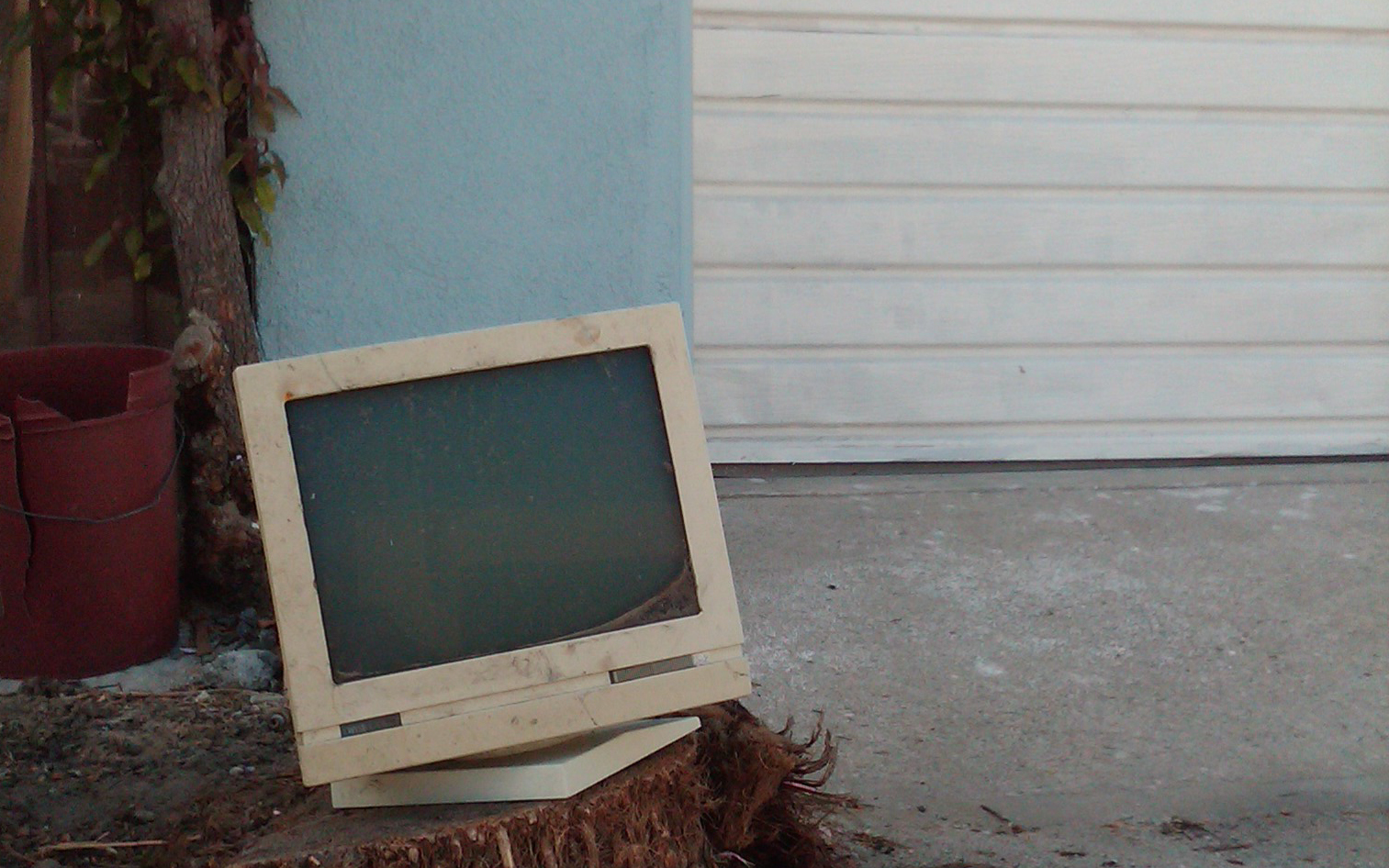As April comes to an end and we wrap up our topic for the month, “broken”, I wanted to take a moment and share something that I learned when I was first starting out, and something that I find myself having to remember quite often: how to react when everything starts to break.
We depend on a lot of complex technologies in our day-to-day lives, some more intricate and convoluted than others. As sound designers, we often find ourselves using even more complicated and specialized gear and equipment, adding to the complexity. While a lot of time and effort has gone into making these technologies work perfectly, the simple fact of the matter is that things have a tendency to break, often when you need them the most. As an old friend of mine likes to say, “Murphy was an optimist!”
I’ve written about expecting the unexpected and being able to roll with the punches before, but this month’s topic seemed like a great time to stress the importance of remaining calm even when nothing seems to work and everything is broken. Why is keeping a cool head so important?
Well, simply put, panic doesn’t really help in a tricky situation; in fact, panicking can often make a relatively small problem even worse. Panic makes troubleshooting difficult, clouding up your brain and making it hard to think through the issue at hand, which can cause even more anxiety (a truly vicious cycle). I know that this happened to me a lot when I was first starting out, and I can think of countless times that I was held up on what turned out to be simple issues because I was too busy getting worked up over a problem itself as opposed to working to fix it. As I gained more experience and spent more time observing how seasoned professionals reacted in tricky situations, it became very apparent that keeping panic in check was of the utmost importance.
Of course, simply saying “keep a cool head” is easier said than done. In already high-stress situations, of which there are many in our line of work, panic is a natural reaction when big things break. I’ll admit, I still find myself in situations where things start breaking and I start to panic. The key is to not let that panic completely take over, and to use that mental stimulation to trigger more logical, troubleshooting thought processes. When something breaks, instead of exclaiming, “Well, that’s just great, the stupid thing broke again!”, ask yourself “Hmm, that’s interesting, I wonder why it did that.” One way of thinking is more dismissive and defeated, while the other will get your brain spinning, assessing the problem and eventually finding a solution.
While the problem-solving aspect is incredibly useful, there’s an even better reason to stay calm when things break; maintaining an air of cool confidence even while everything has gone awry will keep your coworkers and clients calm and collected. If you’re working as part of a team, it’s very easy for one person’s panic, especially the team’s leader, to spread to the others, which in turn negatively impacts everyone’s work and hurts the project as a whole. Just one person keeping their wits about them and maintaining a cool, calm demeanor, even if they are just as unsure as the rest, can also be contagious; sometimes, even the appearance of calm will lead to actual calm.
In a similar vein, when a client (who presumably hired you for your expertise) sees you panicking, it can shake their confidence in the project and maybe even your abilities. A shaken client is an unhappy one; even if the issue is eventually fixed and nothing else bad happens, the client will always have a certain level of unease, and they’ll tend to remember the panic and problems more often than the solutions. On the other hand, if you can stay calm and collected as the world falls apart around you (sometimes literally), the client will always remember how you saved the day, putting them at ease and letting them concern themselves with other things. Even if you find yourself in a situation where you’re not sure what the problem is and you’ve begun to panic (just a little bit), simply appearing confident and in control can put everyone at ease, which will in turn make solving the problem easier and make everyone happy at the end of the day.
I’m sure that many of you reading this have already come to these same conclusions, and it’s also fair to say that this isn’t strictly limited to working in sound. This is probably one of the more useful things I learned while coming up, and it’s something I’ve taken to heart at all of my jobs. Things are going to break and things will go wrong; staying calm and collected when it does will make all the difference.

As you say, this doesn’t just apply to sound. I rely on my own personal motto of “there’s nothing to worry about until there’s something to worry about” in all aspects of my life. I always ask rationally if ‘worry’ will help me move forward In whatever instance. More often than not, it hinders me, so I delay the worry. Some people say they’re a “born worrier”, but I think articles like this can help give people a context and reference for how to keep on moving forward. Thanks for sharing.
Great post, Sam. I always liked the line, “Think about the solution, not the problem.”
Sam I always apply this on my everyday life, that is the only way you can keep going.I always try to get a solution only one thing in life can’t be fix, you know what I mean.